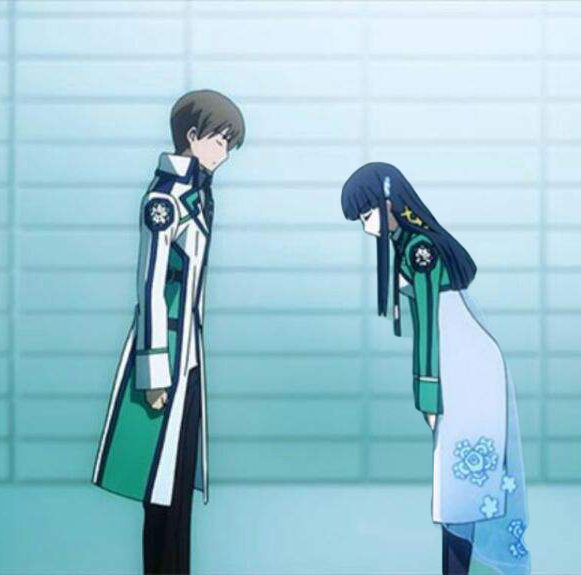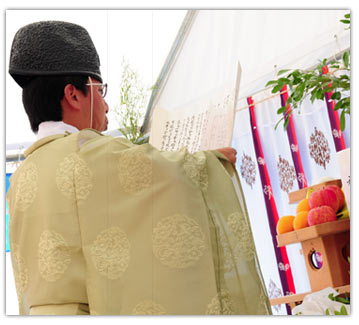One interesting aspect of Japan is that around 80% of the people here consider themselves to be “middle class,” which might represent the best approximation of the “classless society” that so many have tried to create in the past. One mechanism that helps this idea take root is “study-based meritocracy” in which students who study hard and pass tests are able to get access to the best schools, which also happen to be the most affordable. While the top universities in the U.S. are expensive private schools like Harvard or MIT, most of the top schools here are national universities like Tokyo University or Kyoto University. While competition to get into these schools is unbelievably fierce, the education students receive there is presumably the best, and tuition is just $5000 a year. Japanese kids often show “filial piety” (that is, respect and thanks to their parents) by studying hard to get into one of these national universities, which reduces the financial burden on the parents compared with a private university like Waseda. There are of course exceptions to this system, but by and large the idea that anyone can get ahead by studying hard is very real in Japan.

Japan is a great meritocracy, in which 80% of people are middle class (despite the BMW in their driveway).














